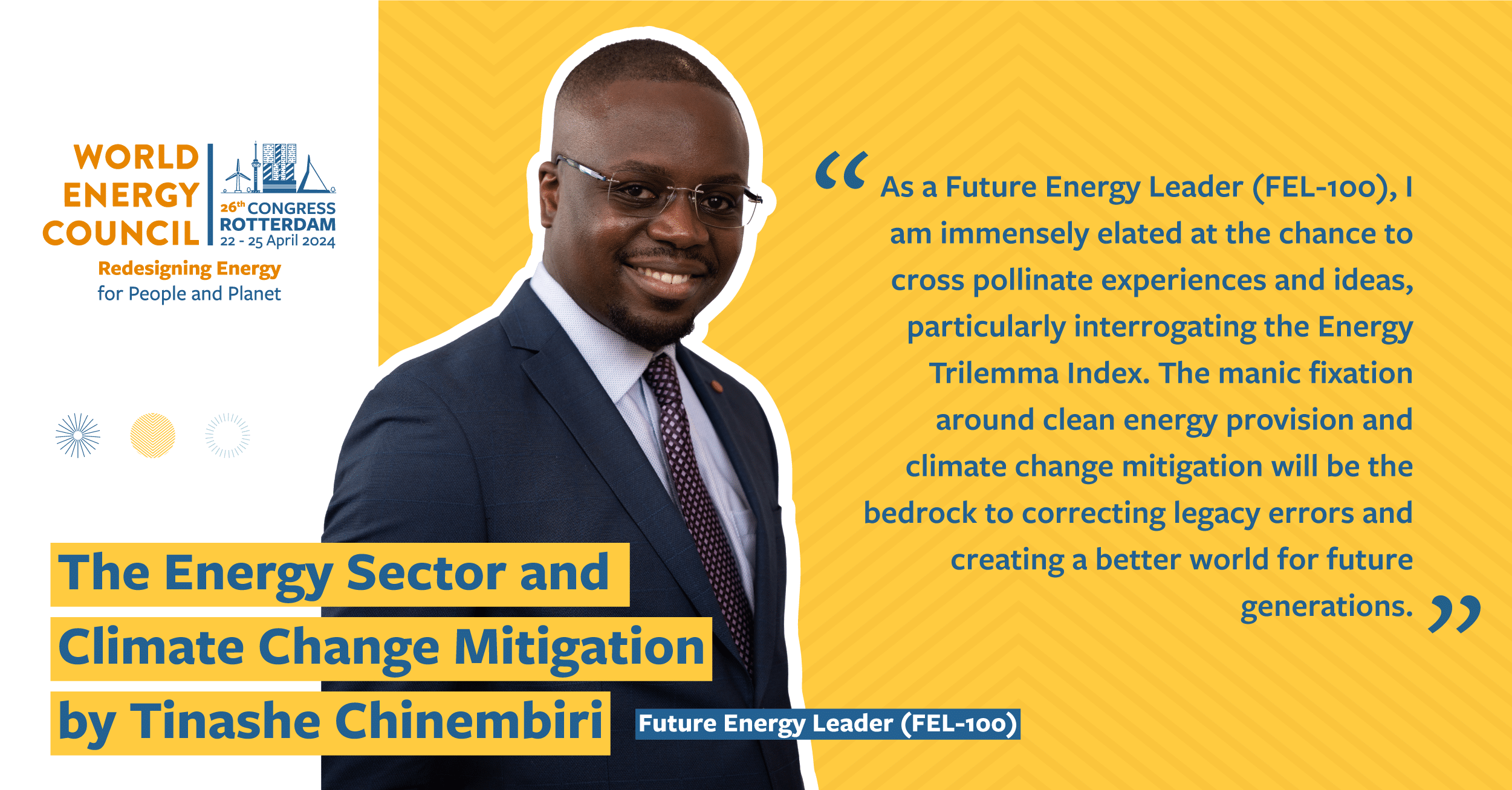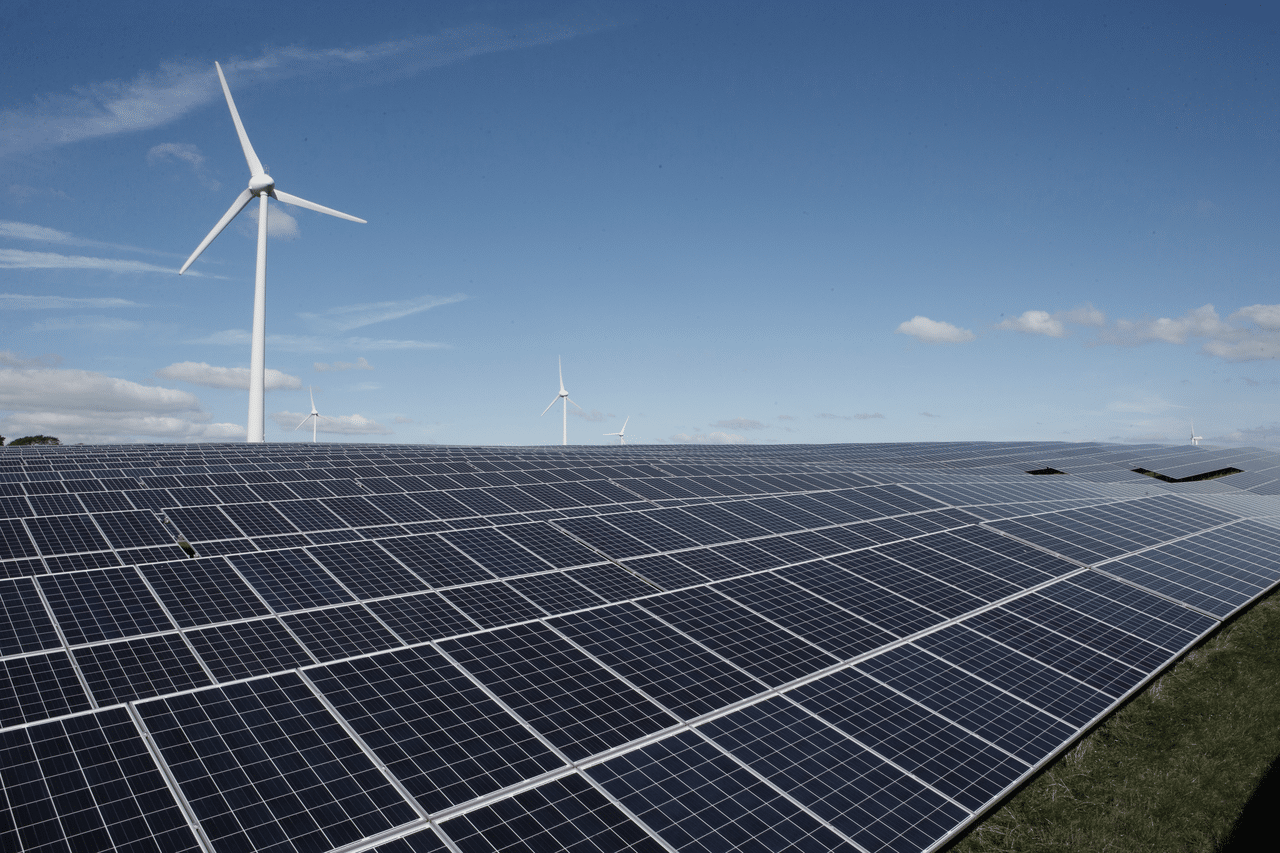The Energy Sector and Climate Change Mitigation
01.06.2023
The climate change agenda, in all its numerous facets, is one that requires an “all hands-on deck” approach when addressing the existing challenges of our time. Throughout past decades, fossil fuels have arguably been part of the growth engine driving economic development and industrial revolutions globally. However, their time is up, as signalled by the consolidated momentum of phasing down and ultimately phasing out fossil-based fuels. Agreeably, for developed and developing economies, energy security is a collectively shared imperative hence the justified necessity to explore the full suite of low carbon energy sources. The opportunities and benefits linked to the use of renewable energy not only strategically align with the objective of reducing Greenhouse Gas (GHG) but equally avail sustainable means to progress towards energy security.
Over the years, concerted investment, research and development have facilitated the dizzying drop in the costs of solar and wind energy components thus leading to widespread global deployment of these technologies. While this milestone must be celebrated, more still needs to be done. The International Renewable Energy Agency’s (IRENA) latest World Energy Transitions Outlook projects that a cumulative sum of USD 150 trillion is required in order to realise the 1.5°C target by 2050. Much as this speaks to the need for innovative financial resource mobilisation across a myriad of sectors, a greater need exists for the firm intersection policies, regulation, incentives and quantification of progress made. Tracking tools and instruments for renewable energy have shown phenomenal results in recent years. A quintessential example of success in this space is the International Renewable Energy Certificate (I-REC), which is the largest certification scheme outside the European Union’s Guarantees of Origin (GO) and Renewable Energy Certificate (REC) which targets North America. Energy attribute tracking provides a robust mechanism for green energy performance measurement and justification of emission reduction claims from the holistic set of players “knee-deep” in Scope 2 emissions reporting for Environmental Social, and Governance requirements.
The World Energy Congress in 2024 will undoubtedly be a watershed moment as key issues will be deliberated on by renowned thought leaders in the energy sector consolidating the resolutions made at COP 28. As a Future Energy Leader (FEL-100), I am immensely elated at the chance to cross pollinate experiences and ideas, particularly interrogating the Energy Trilemma Index. The manic fixation around clean energy provision and climate change mitigation will be the bedrock to correcting legacy errors and creating a better world for future generations.
Tinashe Chinembiri
Global Future Energy Leader at the World Energy Council







